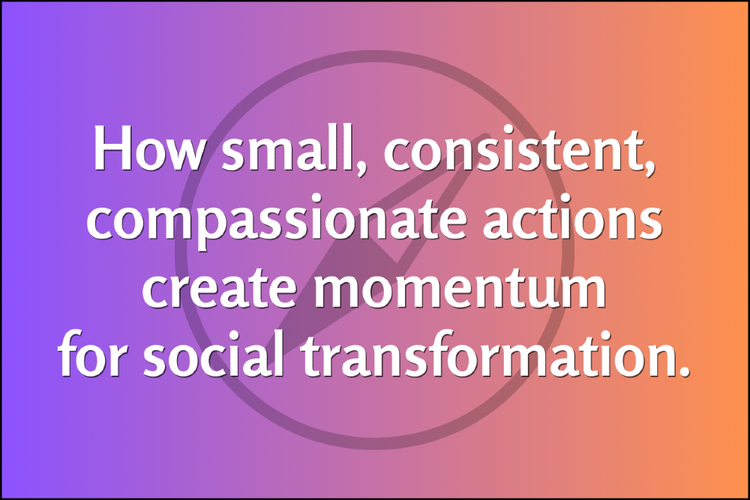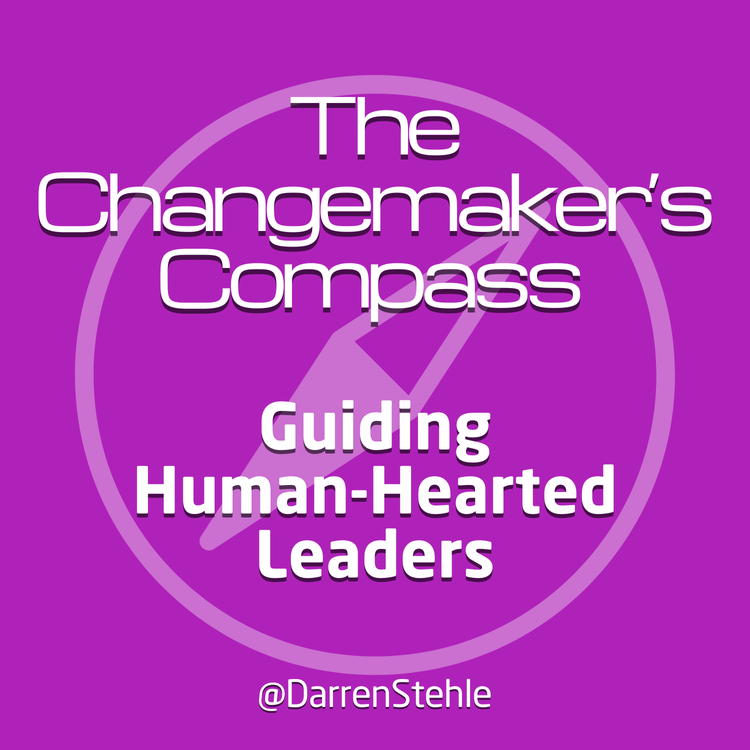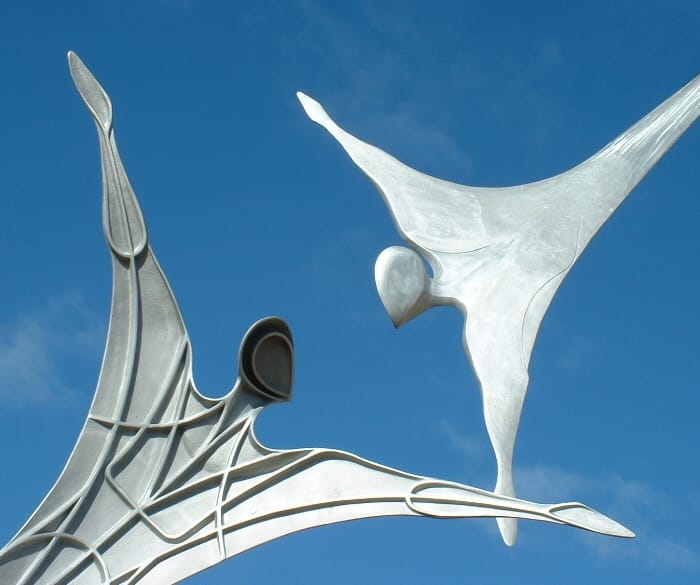You Think You’re Leading Ethically—But Is Your Thinking Getting in the Way?
The case for open-hearted leadership in a world obsessed with being right.
The Way You Think Is the Way You Lead
How leaders can elevate the quality of their thinking to be more ethical, adaptable, and human-hearted.
When Your Leadership Is Called Into Question or Criticized, How Do You Respond?
You can’t avoid dissent, but how you manage challenges to your leadership defines the quality of your personal power.
Foundations of an Evolving Way of Human-Hearted Leadership
How we treat each other is a reflection of how we treat ourselves.
Dodging DEI: How Logical Fallacies Are Used to Avoid Logic and Shut Down Debate
Pseudo-intellectual dismissal and empty rhetoric shuts down discussion rather than engaging with the actual point.
A Taoist Approach to Human-Hearted Leadership in a Time of Crisis
How small, consistent, compassionate actions create momentum for social transformation.
Leading with Heart: The Balance Between Leadership and Self-Care
Isn't it ironic that leadership challenges often arise from our emotional struggles?
How to Be Well and Excel as a Changemaker for Our Common Humanity in 2025
Prioritize your self-CARE and reasoning to support and safeguard your compassion and equanimity.
Leadership in the Taoist Way: Empower Others to Say, “We Did It Ourselves.”
Timeless lessons on non-directive leadership
The Space Between Emotion and Reason: How Equanimity Transforms Leadership
How do you practice having a reasoned response instead of an immediate (often angry) reaction to events or what people









